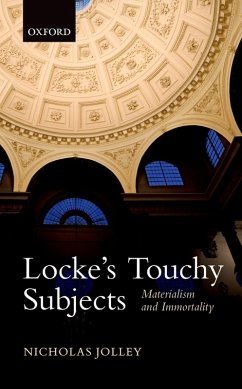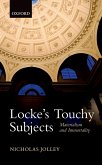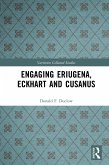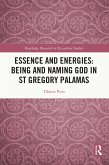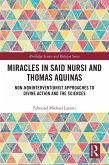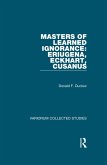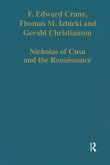In seventeenth-century philosophy the mind-body problem and the nature of personal immortality were two of the most controversial and sensitive issues. Nicholas Jolley seeks to show that these issues are more prominent in Locke's philosophy than has been realized. He argues further that Locke takes up unorthodox positions in both cases. Although Locke's official stance on the mind-body problem is agnostic, in places he presents arguments that, taken together, amount to a significant case for a weak form of materialism. Locke also seeks to show that the solution to the mind-body problem is irrelevant to the issue of personal immortality: for Locke, such immortality is conceptually possible even if the same body is not resurrected at the Day of Judgment. Jolley throws new light on such central topics in An Essay Concerning Human Understanding as substance and personal identity: he also pays close attention to such neglected topics as his account of the status of animals and his polemic against the thesis that the mind always thinks. Throughout, the book examines Locke's arguments against the background of Descartes' views. Jolley argues that Locke's criticisms of Descartes are no mere defences of common sense against dogmatism; rather, they are controversial responses to some of the most challenging metaphysical and theological issues of his time.
Dieser Download kann aus rechtlichen Gründen nur mit Rechnungsadresse in A, B, BG, CY, CZ, D, DK, EW, E, FIN, F, GR, HR, H, IRL, I, LT, L, LR, M, NL, PL, P, R, S, SLO, SK ausgeliefert werden.

